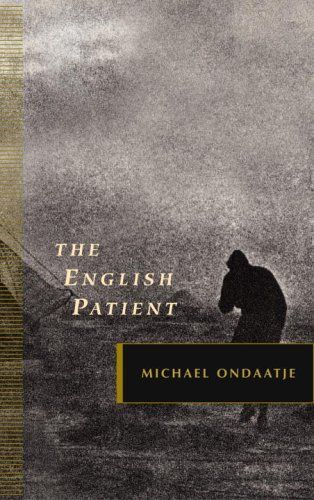
The English Patient
With ravishing beauty and unsettling intelligence, Michael Ondaatje's Booker Prize-winning novel traces the intersection of four damaged lives in an Italian villa at the end of World War II. Hana, the exhausted nurse; the maimed thief, Caravaggio; the wary sapper, Kip: each is haunted by the riddle of the English patient, the nameless, burned man who lies in an upstairs room and whose memories of passion, betrayal, and rescue illuminates this book like flashes of heat lightening
Reviews
g.m.@genie_m
Sarah Sammis@pussreboots
Jim Hagan@aranyalma
Sarah Christine Gill@Gilly
Rohan Uddin@thesparrowfall
Siya S@haveyoureadbkk
taryn a.@nouvellevogue
Arianna M@letterarii
Fraser Simons@frasersimons
Vivian@vivian_munich
Nooshin@nooshin
Abigail Mills@abigailmills
Daryl Houston@dllh
Cat Imb@thereadingcat
Elad Schulman@theloungingreader
jordan@mosses
Udit Desai@uydesai
Niki Sotiropoulou-Nassika@nikisn
Jesse White@jesse_d_w
Wonko the Sane@wonko
Meniah@athoughtfulrecord
Stephanie Hume @stephmh
Sebastian Leck@sebastianleck
Emily Burns@emilymelissabee
Highlights
Sarah Christine Gill@Gilly
Sarah Christine Gill@Gilly
Sarah Christine Gill@Gilly
Sarah Christine Gill@Gilly
Sarah Christine Gill@Gilly